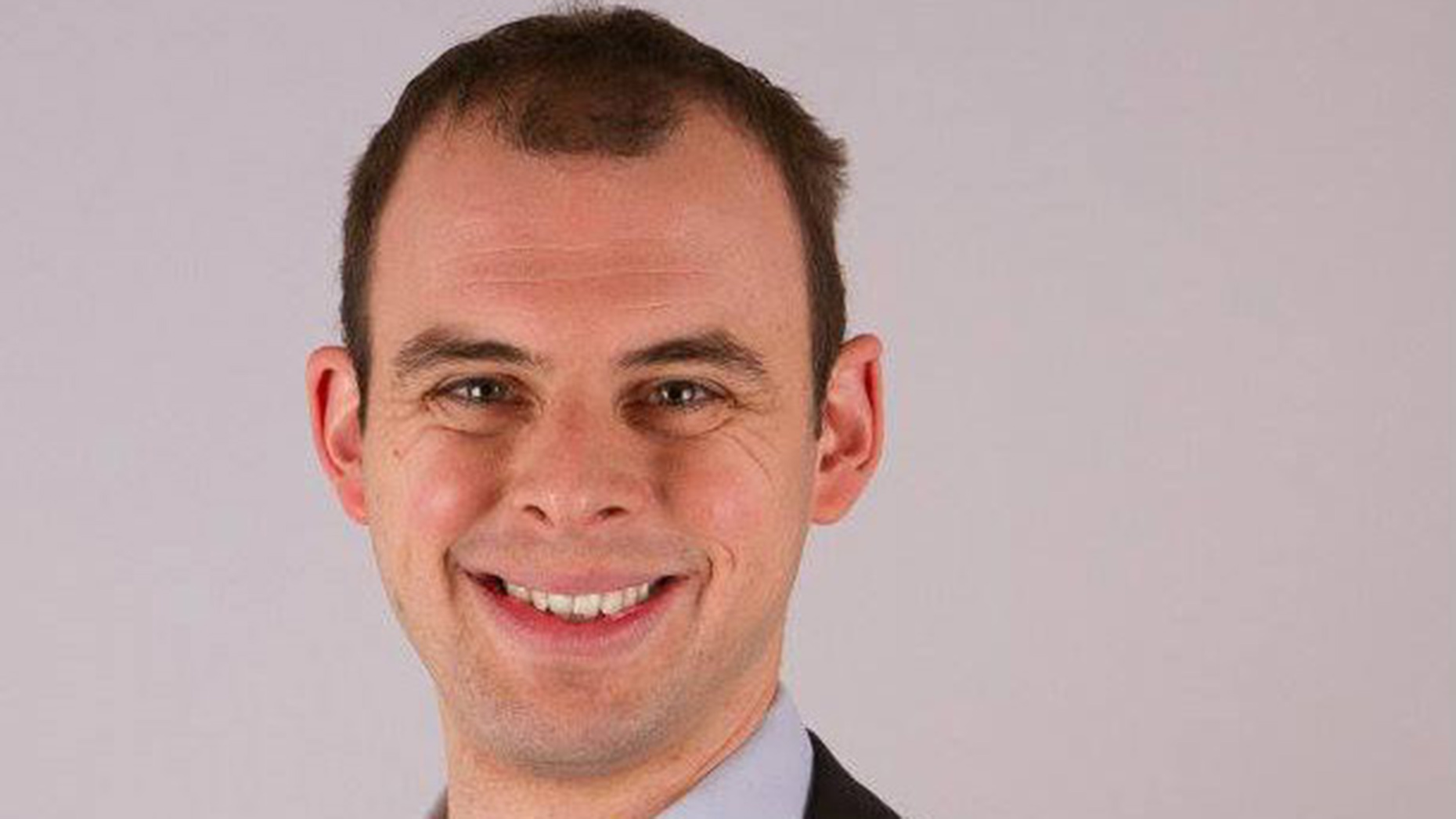“Lincolnshire,” a constituent recently informed me, “is the forgotten county.” I was keen to set him straight, and started reeling off all the things the Boston and Skegness constituency is getting from central government – the £100m flood barrier, the investment in roads, the renewed focus on community integration and economic growth, the extended tourist season in Skegness, to name but a few.
His response was to say simply, “But we’re never first for anything”.
There’s not always great merit in rushing to try new things first, and it isn’t quite true anyway – to take just one example we’re first to adopt a new kind of nursing that is focused on elderly care.
But historically, from a government point of view it was a fair point. And it’s exactly why I’m a passionate advocate for devolution.
The government’s first tranche of devolution deals resulted in huge changes in London and then in Manchester, and above all restored a vital link between accountable local government and people who used public services.
In short, it was a government of the right size for the issues people faced in their everyday lives.
London, however, is a long way from Lincolnshire. What does the right devolution deal look like for an area that would run from Grimsby to Spalding, and Skegness to Gainsborough and beyond?
After extensive public consultation on a deal secured with the previous government, the admittedly small number of people who replied said very clearly that they were in favour of more decisions about Lincolnshire being taken in Lincolnshire, and that they wanted Lincolnshire to have more say about what policies are adopted and how money is spent.
Currently, it is a minister in Westminster who takes those decisions about Lincolnshire; under the proposed scheme a mayor, locally elected and locally accountable, will be that person.
So it’s not an extra layer of government; it is simply moving an existing layer from relatively unaccountable London to more accountable Lincolnshire.
He or she would be sackable not by the Prime Minister, but by the voters of Greater Lincolnshire.
Nonetheless, in the consultation a narrow margin of people said that while they wanted devolution they didn’t want the mayor.
New Secretary of State Sajid Javid noted this, and the deal on offer has been enhanced to now include additional funds for housing development, on top of the existing new funds that were already on offer and, more importantly, the local decision-making powers.
For me, this all adds up to a compelling deal, but also a deal that is only possible because Lincolnshire is in this instance at the very front of the devolution queue.
No other rural area has made the kind of progress with the Treasury and the other Westminster departments that we have.
No surprise, then, that both councils in my constituency – Boston Borough Council and East Lindsey District Council – voted strongly in favour of the deal.
The others across Greater Lincolnshire will now also do the same, I hope, and deliver a deal that means Lincolnshire can lead the way, and put an end to the nonsensical suggestions that we are now, or ever have been, forgotten.






